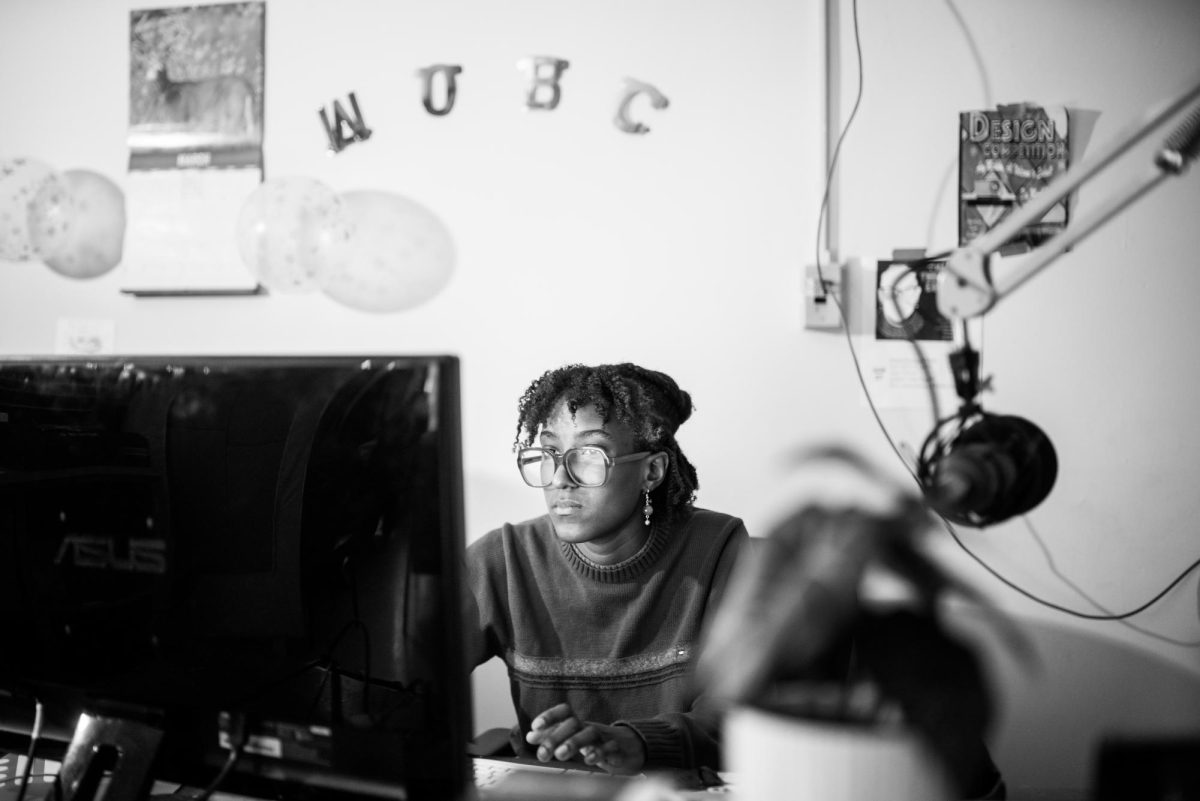During the Democratic primary earlier this year, the “Uncommitted National Movement” arose, led by Arab Americans angered by the ongoing genocide in Palestine. This year, over 700,000 Democrats voted for the “uncommitted” option instead of for incumbent Joe Biden and sent 30 uncommitted delegates to the Democratic National Convention. The movement aims to bring attention within the Democratic Party to the genocide in Gaza, advocating for a ceasefire and for the U.S. to stop arming Israel. It has called on Biden, and now Vice President Kamala Harris, for an arms embargo.
The uncommitted movement proved incredibly powerful, and sent the message that things had to change within the party if Democrats wanted to remain in control of the White House. However, it does not appear as though Harris’ policies on the matter will differ much from Biden’s, who has sent billions of dollars in arms to Israel. However, she has been more outspoken in calling for an end to the fighting in Gaza so that “Palestinian people can realize their right to dignity, security, freedom, and self determination.” Her opponent, former President Donald Trump, is arguably worse, vowing increased violence in the region and for Israel to “finish what they started.”
Though it is important to weigh the risks and rewards of whether or not to vote for Harris, a crucial part of election day must not be forgotten in the discussion: down-ballot elections. Before Oberlin voters consider sitting this one out, they must remember the other elections on the ticket. While the general election is monumental — this one especially — close attention still needs to be paid to local candidates. The biggest changes can happen at the lower levels, and these elections cannot be sacrificed in the name of taking a stand against the presidential election and the two-party system.
The uncommitted movement was born out of grassroots organization. Grassroots organizations start small but can be extremely powerful. Similarly, local elections can cause big changes, and small elections are where we as voters have the most power. Getting to know your representatives and senators, both on paper from their policies and in person if possible, is incredibly important in building a strong voter foundation and having a true influence over politics directly affecting you and your loved ones.
The race between Kellie Deeter and Brenda Buchanan is a great example of a small election local to Oberlin that cannot be lost due to the decision to abstain from voting in the presidential election. Ohio’s 54th district, home to Oberlin, is incredibly conservative, overwhelmingly voting for Republican state representatives in elections past. But every election year, this gap has closed ever so slightly. Ohio’s State House Republicans are just hanging on to a 67–32 supermajority. On top of Republicans in the House having a leg up in passing legislation, a supermajority allows the legislature to override a veto from the governor.
Ohio House Bill 68, which bans gender affirming care for minors and bans trans athletes from competing in womens’ sports, was passed in January. After the legislation was created and made it to Governor Mike DeWine’s desk, DeWine vetoed it due to the effect this bill would have on the high suicide rate of trans youth. Because of the power of a supermajority in the House, the bill was still passed. The seemingly insignificant act of not turning out to vote in a local election can have grave and very real consequences on people’s lives.
Buchanan has served eight years on a local school board and is running for state representative for OH-54 against Deeter, a staunchly pro-life, pro-gun conservative according to her website. Buchanan advocates for women’s reproductive health care and has been endorsed by Planned Parenthood Advocates of Ohio and Moms Demand Action, a branch of Everytown for Gun Safety. She welcomes people to come chat with her on her front porch in Columbia Township. To prevent further passages of bills similar to HB 68, it is imperative to turn out to the polls and vote for the people who will do right.
While more change can be influenced via more local elections, it is still crucial to know and participate in bigger down-ballot elections. One of Ohio’s senators, Sherrod Brown, is up for reelection against Bernie Merreno. Brown has fought for labor union rights and safe access to women’s health care. Meanwhile, Merreno is in Trump’s pocket and has established himself as anti-abortion. In Congress, he would work to only increase America’s aid to Israel and “put a stop to all forms of antisemitism in the United States, especially on our college campuses.” That is a dog whistle for a much more sinister course of action. This race is one of many that cannot be sacrificed.
You can find your sample ballot online by searching “sample ballot” along with the state and county you are registered to vote in. Use this to learn who is on your ballot and their policies. The last day to register to vote in Ohio is Oct. 7. More information can be found at voteohio.gov.
The discussion of whether or not to vote in the presidential election cannot compromise local and smaller elections. Just because you have decided to take a stand against Harris does not mean you should avoid the polls altogether. Being educated and turning out to vote is crucial and can save lives.








